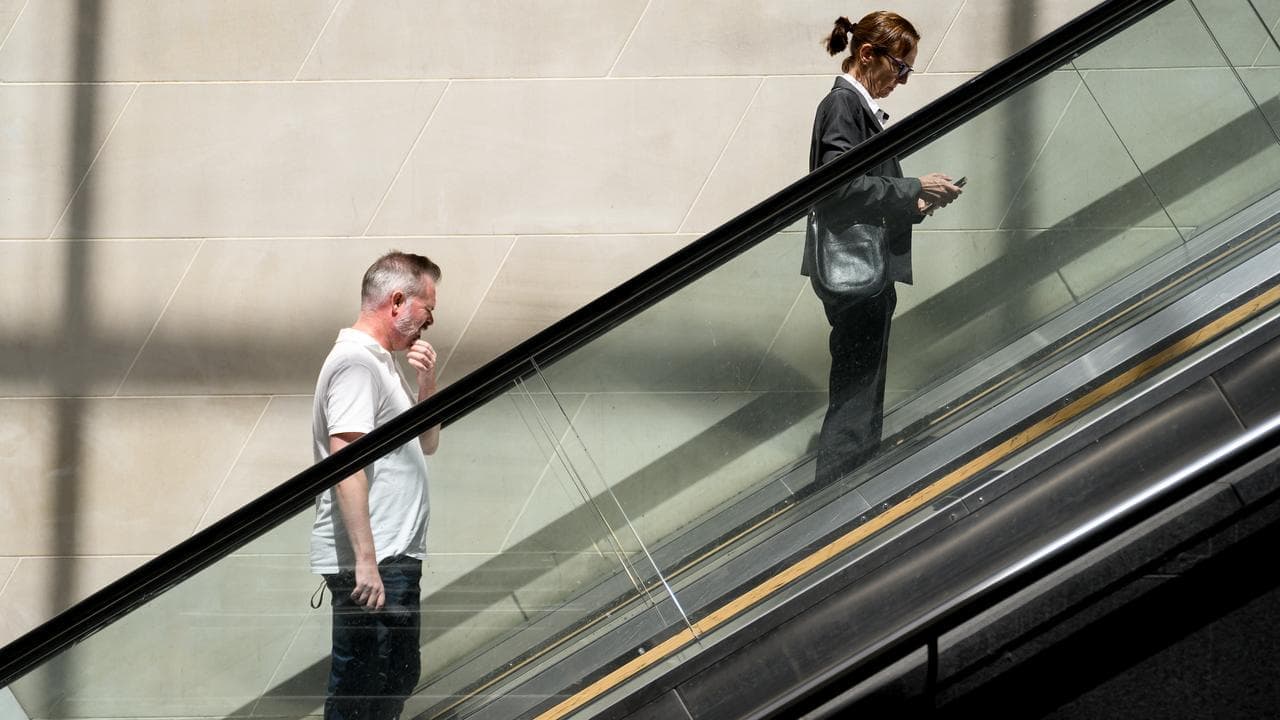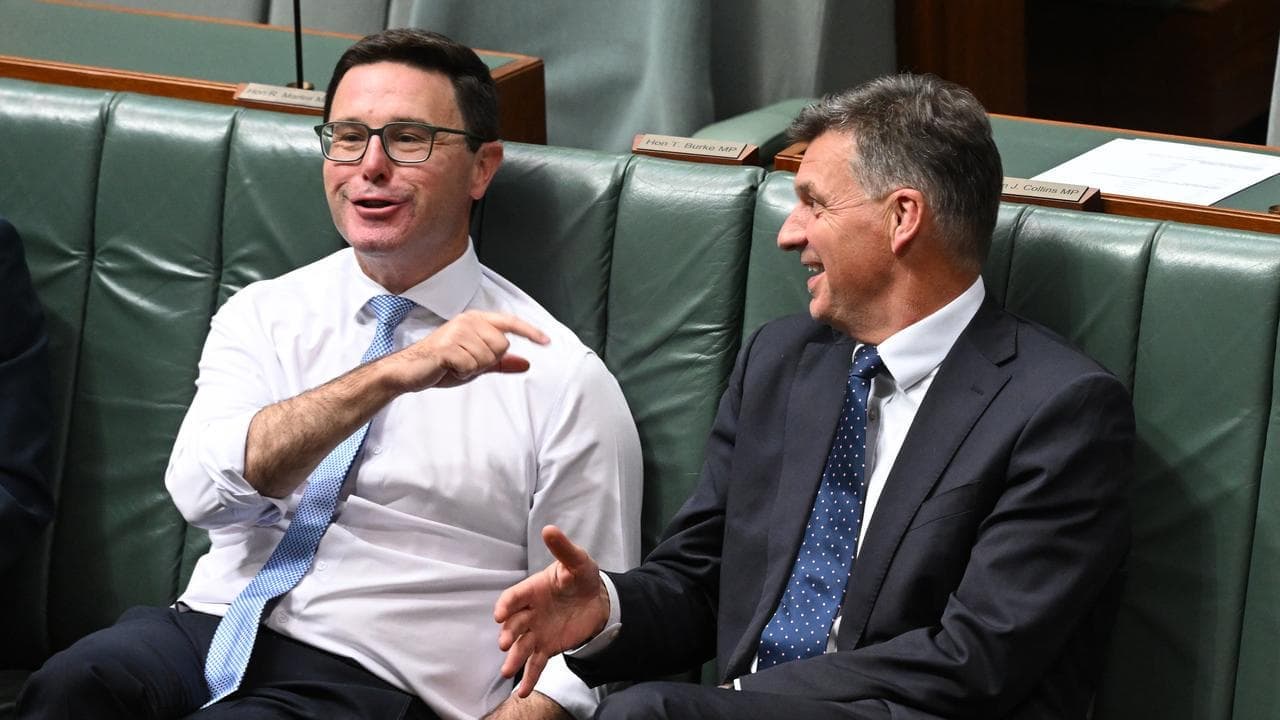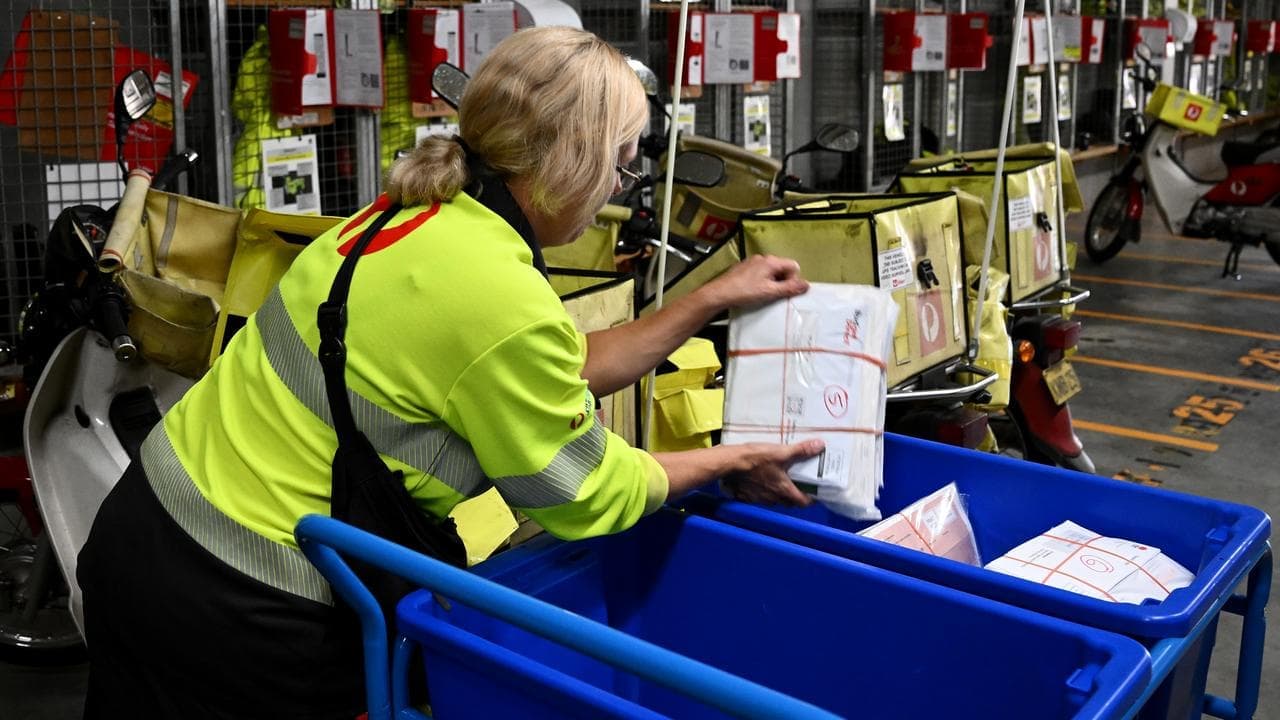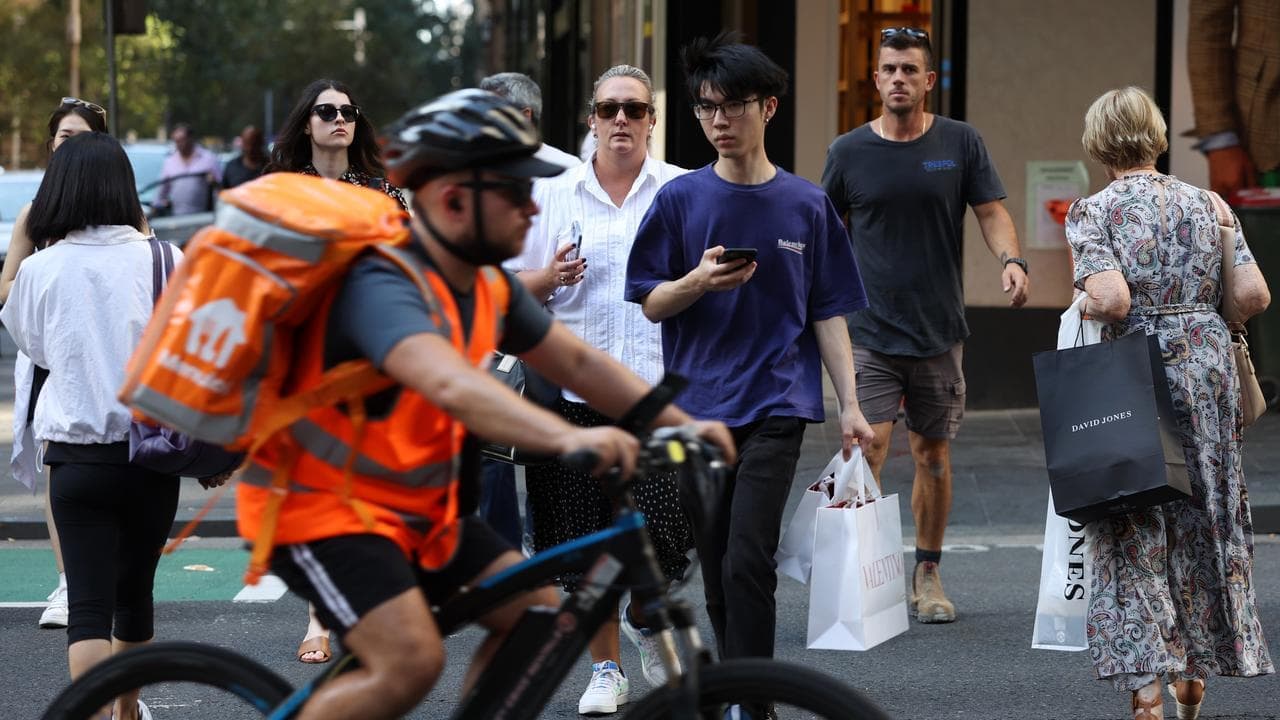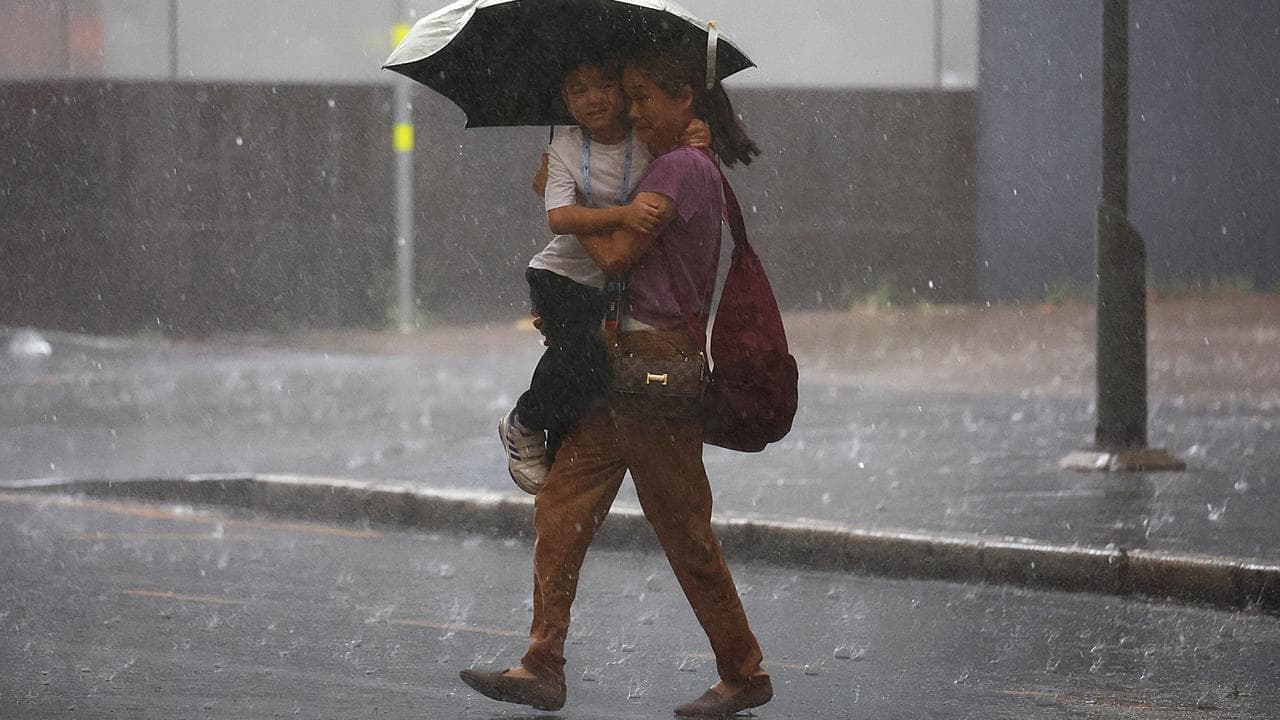WHAT WAS CLAIMED
US tariffs on aluminium and steel were introduced in response to Australia's new hate speech laws.
OUR VERDICT
False: The tariffs apply to all countries, not just Australia, and were introduced to support America's domestic steel and aluminium industries.
AAP FACTCHECK - Recent US tariffs on steel and aluminium imports were not imposed in response to Australia's new hate speech laws, despite claims circulating on social media.
The tariffs apply to all countries and their stated intention is to support the domestic production of the metals.
An Instagram post claims the tariffs were targeted at Australia in response to new hate speech laws.
"Trump Imposes Tariffs on Australia Over Free Speech Crackdown," the post's headline reads.
"The United States has imposed a 25% tariff on Australian steel and aluminum exports, a move widely seen as a response to Australia's new hate speech laws, which criminalize political opinions and punish dissent with up to seven years in prison."
 There's no evidence Donald Trump's planned tariffs are related to Australian hate speech laws. (Facebook/AAP)
There's no evidence Donald Trump's planned tariffs are related to Australian hate speech laws. (Facebook/AAP)
It goes on to claim that Australia had previously secured exemptions to US tariffs, but these latest measures show "the U.S. is no longer willing to give preferential treatment to nations that suppress free speech".
The post includes an image of President Trump topped with the headline "Trump hits Aussies with shock tariff punch", taken from a Herald Sun Facebook post.
However, there's no evidence the tariffs were implemented in response to Australia's recently enacted hate speech laws - or any other country's hate speech policies - and AAP FactCheck was unable to find any reporting or commentary that made such a claim.
The Herald Sun article featured in the post also makes no link between the tariffs and Australia's hate speech laws.
Australia passed the Criminal Code Amendment (Hate Crimes) Act 2025 on February 6, 2025.
The act criminalises threats of force or violence against protected groups including those distinguished by race, religion, sex, sexual orientation, gender identity, intersex status, disability, nationality, national or ethnic origin, or political opinion.
The act doesn't "criminalise political opinions" or "target individuals for expressing controversial political views" as the post claims.
Opinions or views would only be criminalised if they included a direct threat of force or violence against a group, or advocate for the destruction of their property, and it was reasonable to believe the threat would be enacted.
The act also introduced mandatory minimum sentences for certain offences.
There's no evidence recent US tariffs on steel and aluminium imports are related to this act.
 Australia is a relatively small player in US steel and aluminium imports. (Dean Lewins/AAP PHOTOS)
Australia is a relatively small player in US steel and aluminium imports. (Dean Lewins/AAP PHOTOS)
US President Donald Trump first imposed a 25 per cent tariff on steel imports and 10 per cent tariff on aluminium imports in March 2018, during his first term.
Australia secured an exemption to the tariffs the following month, along with a number of other countries.
However, on February 10, 2025, in the first weeks of his second term, President Trump announced these exemptions would end, while tariffs on aluminium would increase to 25 per cent.
A fact sheet on the decision notes that Argentina, Australia, Brazil, Canada, Japan, Mexico, South Korea, the European Union, Ukraine and the UK had all gained exemptions to the 2018 tariffs.
It says the president has decided to end these exemptions due to foreign nations "flooding the United States market with cheap steel and aluminum", which were "weakening our domestic economy and threatening to impair national security".
The document explains that closing the exemptions and other loopholes will strengthen The US's domestic steel and aluminium industries.
Both the steel and aluminium proclamations note that Australia, along with other previously exempt countries, hasn't curbed exports to the US.
Specifically regarding Australia, it says the volume of aluminium imports from the country has "surged" and it has "disregarded its verbal commitment to voluntarily restrain its aluminum exports to a reasonable level".
There is no mention of Australia's hate speech laws - or hate speech or free speech in general - in either of the proclamations or the fact sheet.
In a C-SPAN video of the president signing the proclamations, White House staff secretary Will Scharf stated the tariffs were being implemented because exemptions were affecting the country's steel and aluminium industries.
The president, meanwhile, stated they were about supporting American industries and jobs and the tariffs would apply to all countries "without exceptions or exemptions".
Australia was later singled out by presidential trade adviser Peter Navarro in an interview on CNN, reported by 9 News, but not because of its hate speech laws.
Mr Navarro said Australia was "killing our aluminium market" by exporting large volumes of the metal to the US. He also claimed this had allowed China to gain access to its market.
 Anthony Albanese is hopeful Australia might get an exemption from the threatened tariffs. (Lukas Coch/AAP PHOTOS)
Anthony Albanese is hopeful Australia might get an exemption from the threatened tariffs. (Lukas Coch/AAP PHOTOS)
In reality, Australia is a relatively small player in US steel and aluminium imports.
In 2024, 18 countries exported more steel to the US than Australia, while seven countries exported more aluminium, according to the US International Trade Administration.
Canada was by far the biggest exporter, accounting for 22.7 per cent of US steel imports and 58.1 per cent of aluminium imports.
By contrast, Australia accounted for less than 0.9 per cent of steel and 1.5 per cent of aluminium imports.
Scott French, an expert in international trade at the University of New South Wales, told AAP FactCheck he hadn't seen any reporting that suggested the tariffs were "in any way linked to hate speech laws".
"The tariffs cover all US imports of steel and aluminium from any country, not just Australia," Dr French said.
He also noted Australia was one of the few countries with "a reasonable hope" of getting an exemption from the tariffs.
After signing the proclamations, President Trump said he would give "great consideration" to a tariff exemption for Australia, the ABC reported.
This followed an earlier phone call with Australian Prime Minister Anthony Albanese, who also said an exemption for the country was "under consideration".
Dr French said reports of this phone call, and the president's subsequent statements, made no mention of Australia's hate speech laws.
AAP FactCheck attempted to contact the White House but did not receive a response.
AAP FactCheck is an accredited member of the International Fact-Checking Network. To keep up with our latest fact checks, follow us on Facebook, Instagram, Threads, X, BlueSky, TikTok and YouTube.






